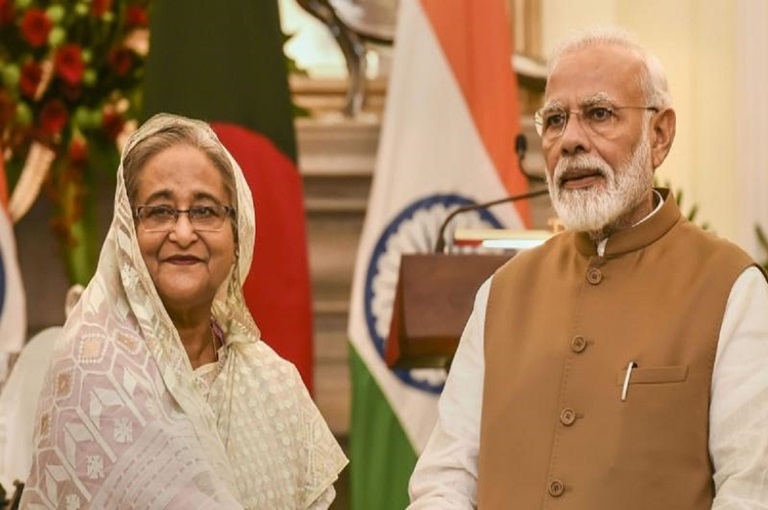End of Sheikh Hasina’s 15-Year Rule Amid Intense Protests


New Delhi: Sheikh Hasina’s tenure as Bangladesh’s Prime Minister came to an abrupt end following intense pressure from widespread protests against a contentious job quota bill. The demonstrations, which started peacefully, escalated into violence earlier in July, signaling widespread dissatisfaction with the government’s policies. Despite the Supreme Court’s intervention to adjust the quota system, the unrest persisted, culminating in Hasina’s resignation after 15 years in power.
The origins of Bangladesh’s job quota system trace back to the post-1947 partition era with the establishment of the Civil Service of Pakistan (CSP). This system, which aimed to ensure fair representation in public service recruitment, was later formalized under the 1956 constitution. In 1972, Bangabandhu Sheikh Mujibur Rahman institutionalized the quota system as a tribute to freedom fighters from the 1971 war of independence against Pakistan. Over the years, calls for the system’s cancellation have emerged intermittently.
By 2018, the quota system allocated 56% of government jobs to specific groups: 30% for descendants of freedom fighters, 10% for women, 10% for residents of backward districts, 5% for minority groups, and 1% for people with disabilities. This allocation sparked widespread protests, particularly among students, demanding reforms. In response, the government abolished quotas for grades 9 to 13 positions, retaining them only for lower-class posts.
However, in June 2024, the High Court reinstated the quotas, prompting fresh protests from thousands of students. The Supreme Court subsequently suspended the High Court’s decision, and on July 21, ruled to reduce the veterans’ quota to 5%, with the remaining 93% of jobs based on merit. Additionally, 2% of jobs were reserved for ethnic minorities, transgenders, and disabled individuals.
Despite these adjustments, the protests continued, with demonstrators demanding justice for those killed during the unrest and calling for Hasina’s resignation. This ongoing turmoil highlights the deep-rooted tensions surrounding the quota system and its broader implications for Bangladesh’s political and social landscape. The situation leaves Bangladesh at a critical juncture, with potential ramifications for its future governance and societal cohesion.







